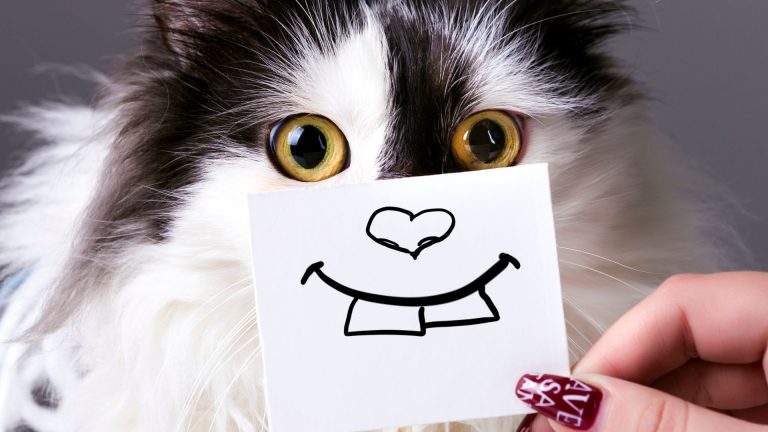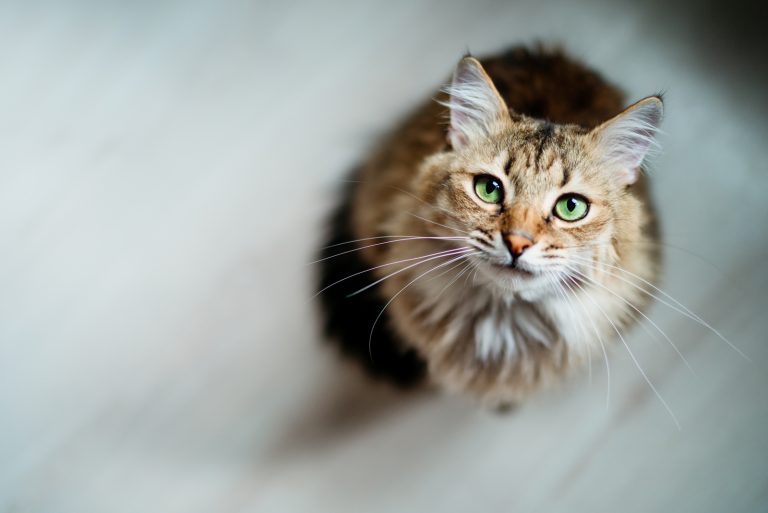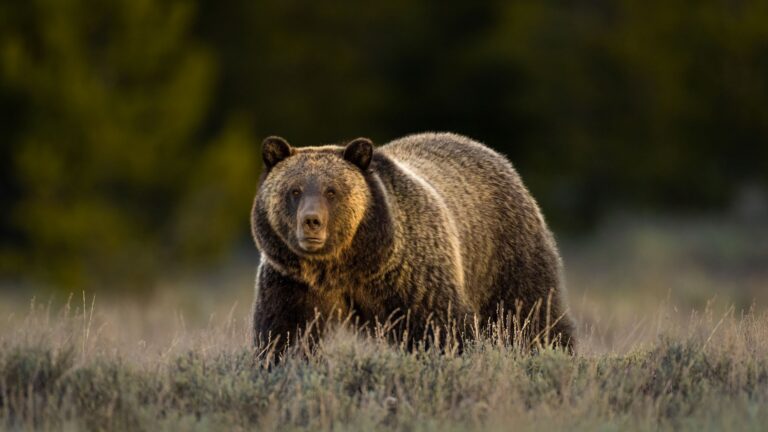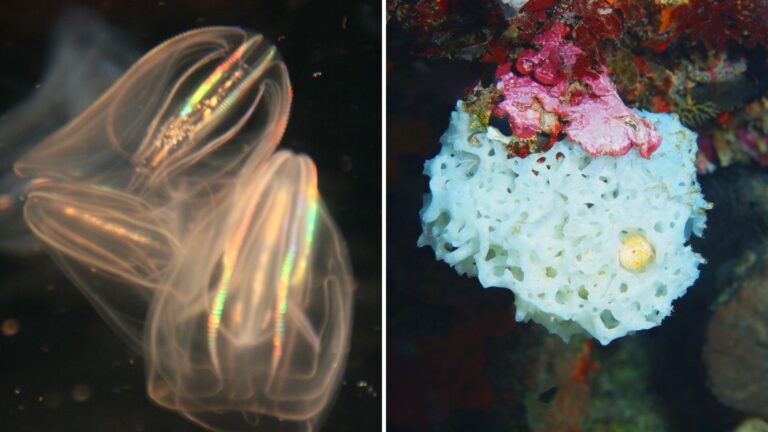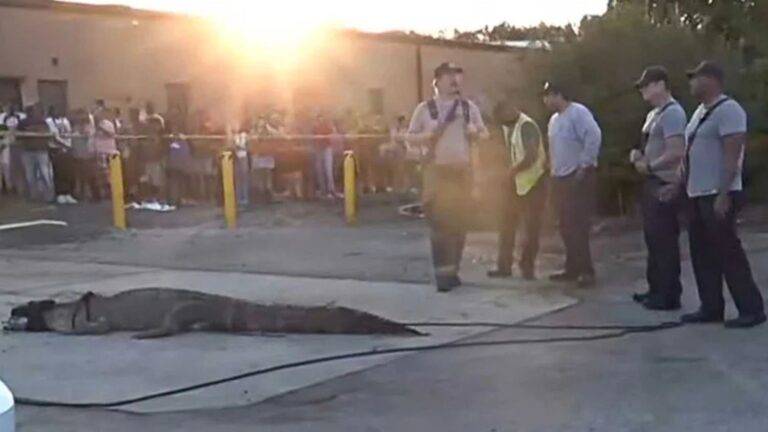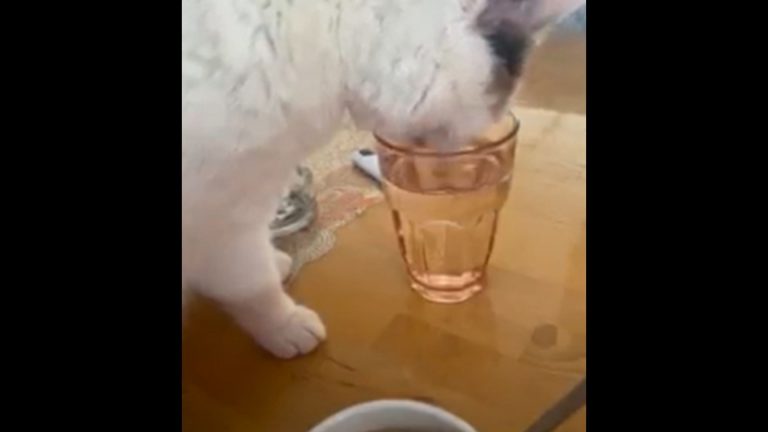15 Heartfelt Ways Pets Say Goodbye Before They Pass Away
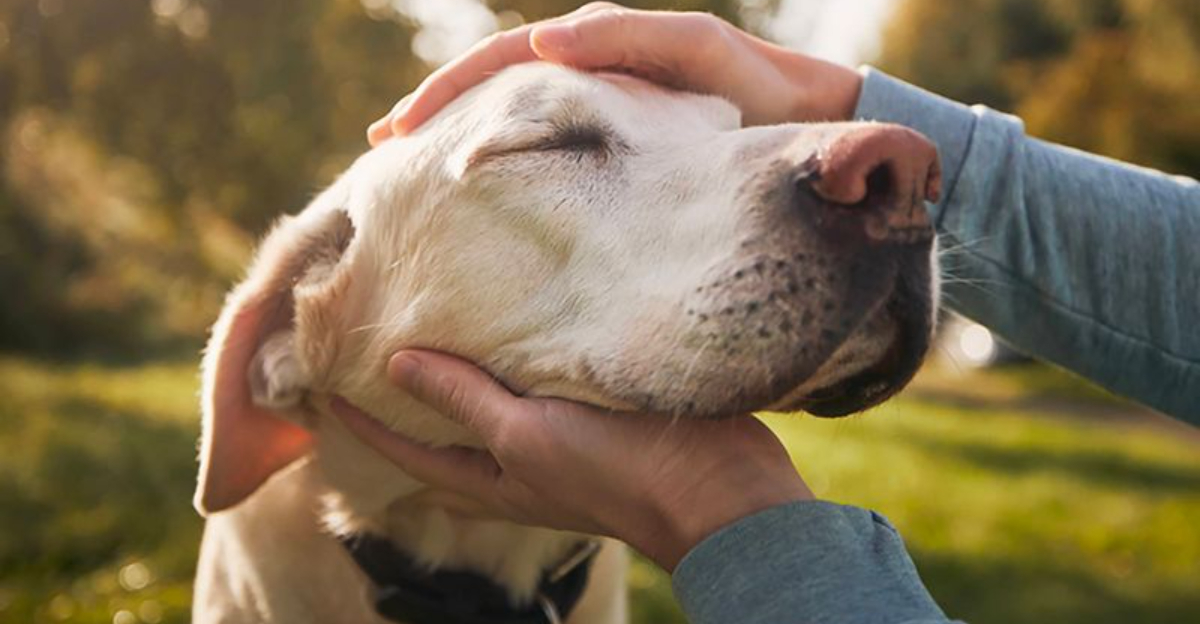
Our beloved animal companions often show subtle signs when they sense their time is drawing near. These final gestures are their way of communicating love and preparing both themselves and their humans for their upcoming departure.
Understanding these farewell behaviors can help pet owners provide comfort during their furry friend’s final days and find closure in knowing they recognized these precious last moments.
1. Spending More Time With Their Favorite Human

Your once-independent companion now shadows your every move. They might lie at your feet during dinner, follow you to the bathroom, or insist on sleeping beside you.
This newfound clinginess stems from their desire for comfort and security during vulnerability. They’re storing up final moments with their best friend.
2. Becoming More Affectionate
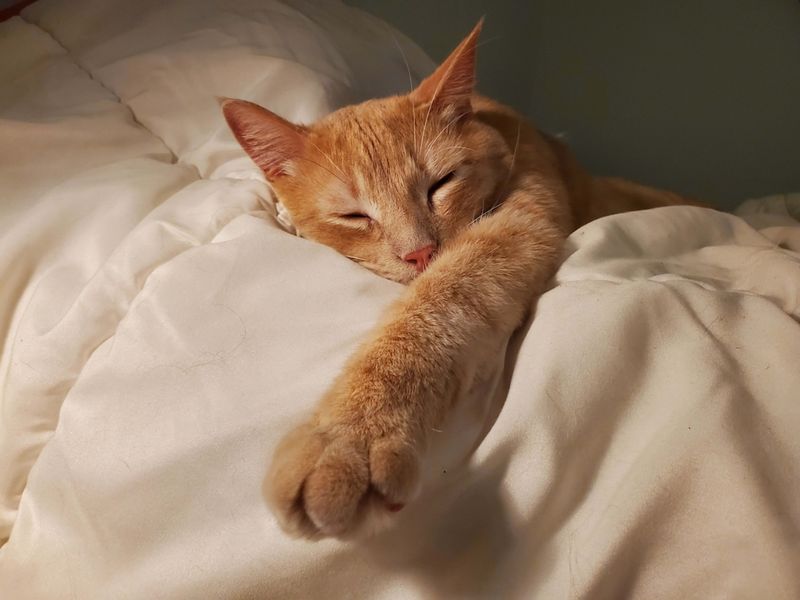
Suddenly, your typically aloof cat purrs in your lap for hours. Your usually playful dog now prefers gentle cuddles over fetch.
This surge of affection represents their attempt to strengthen your bond one last time. They’re saying “I love you” in the most sincere way they know how.
3. Withdrawal From Normal Activities
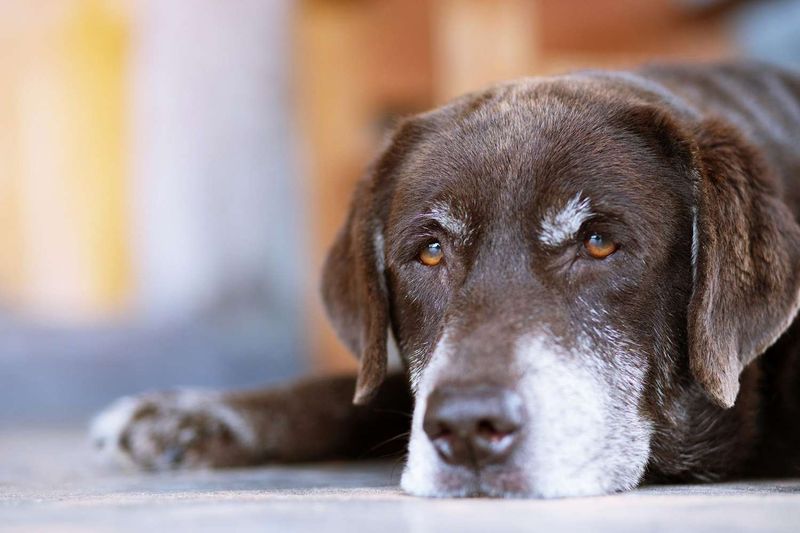
The tennis ball sits untouched. The catnip mouse goes ignored. Your pet’s favorite activities no longer spark joy as their energy fades.
This retreat from play isn’t rejection – it’s conservation of their dwindling strength. They’re prioritizing rest and meaningful connections in their final chapter.
4. Seeking Solitude
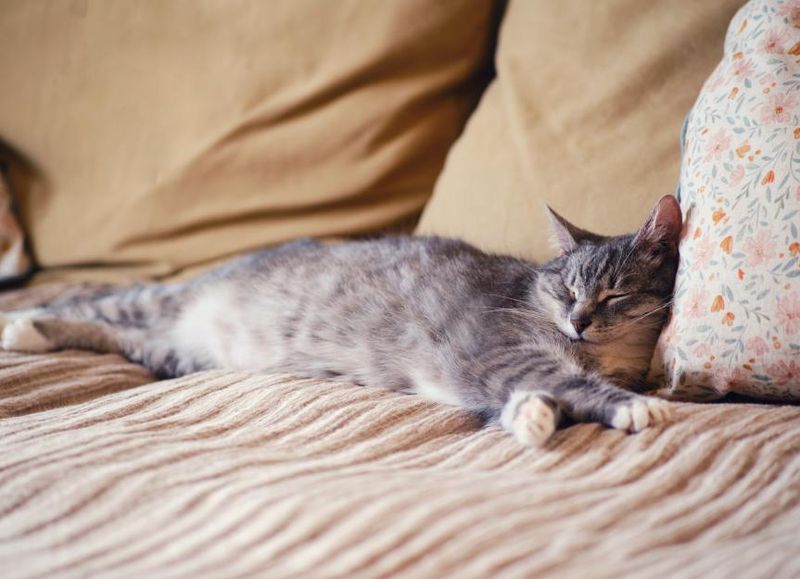
Your social butterfly now disappears for hours. You find them tucked behind furniture or hidden in quiet corners of the house.
This isn’t rejection – it’s their instinctual preparation. Wild animals often separate from their pack when dying, and our domesticated friends retain this ancient wisdom.
5. Looking For Comfort In Familiar Places
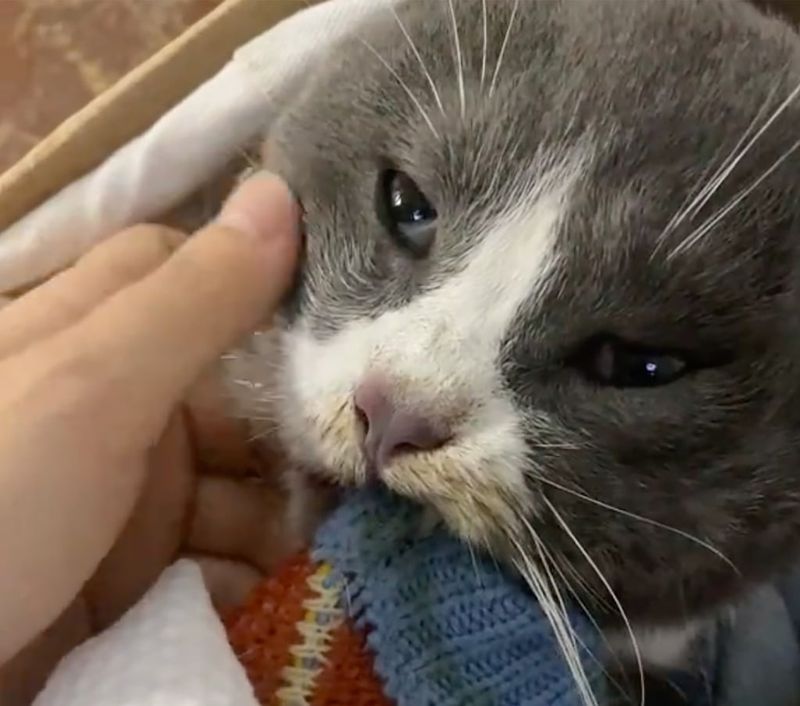
Memory becomes medicine as your pet returns to spots filled with happy associations. The sunny windowsill. Your bedroom pillow. That special corner of the couch.
These comfort zones provide emotional security during their uncertain journey. They’re wrapping themselves in the familiar before facing the unknown.
6. Change In Appetite
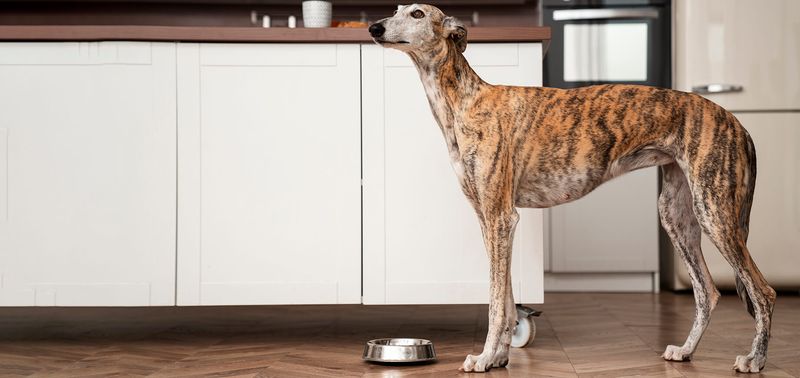
The food bowl remains untouched despite offering their favorites. This isn’t stubbornness – their body is naturally winding down its systems.
Some pets might accept small hand-fed portions or special treats as a final connection ritual. Others completely lose interest as their bodies prepare for transition.
7. Increased Restlessness Or Pacing
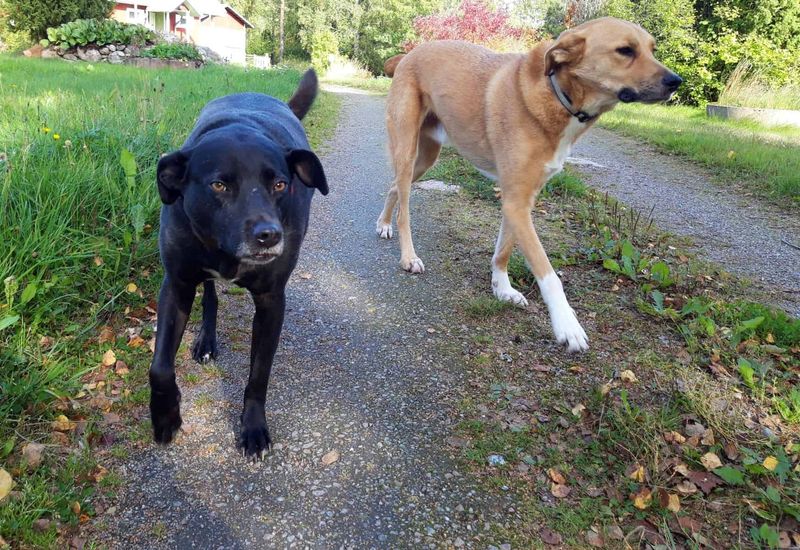
Midnight wandering. Unusual pacing. Inability to settle. Your typically calm companion seems perpetually unsettled.
This restlessness often signals physical discomfort or mental confusion. Their internal compass feels the pull toward something beyond, creating a sense of urgency they can’t articulate.
8. Making Eye Contact
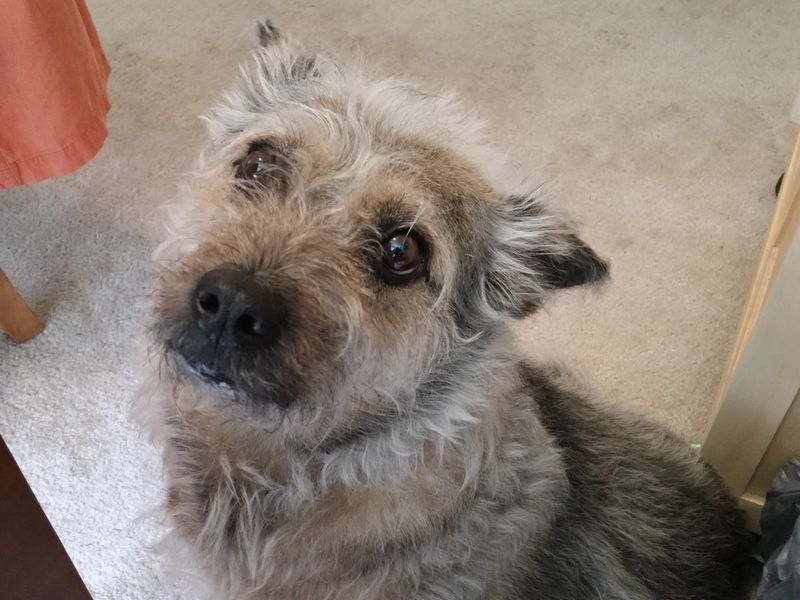
Those soulful eyes lock with yours, holding your gaze with unusual intensity. There’s something different – a depth, a message, a goodbye.
Animals communicate volumes through eye contact. This final connection transcends language barriers, creating a bridge between souls when words aren’t possible.
9. Licking Or Nuzzling Their Owners More
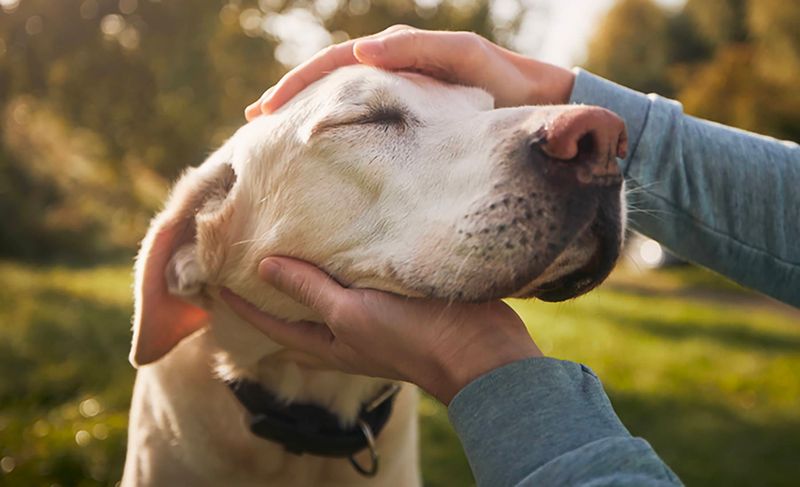
Gentle licks on your hand. Soft nuzzles against your cheek. Your pet’s physical affection increases with surprising tenderness.
These grooming behaviors represent deep bonding in the animal world. Your companion is expressing love and reassurance through touch, creating lasting physical memories for you both.
10. Quietly Watching Their Owners
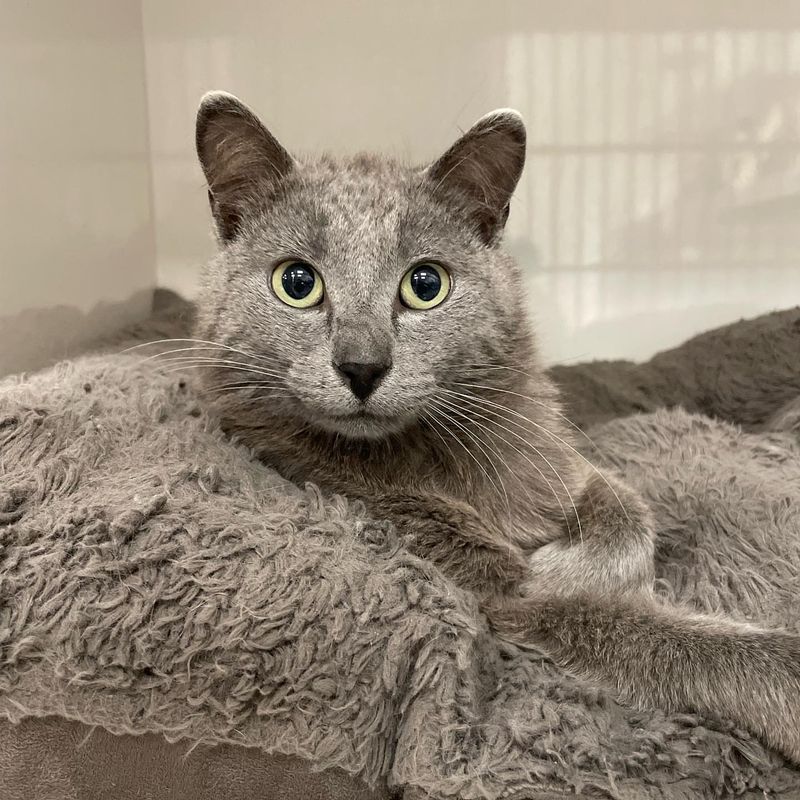
From their resting spot, your pet’s eyes follow your movements with quiet attentiveness. They seem to be memorizing you, studying your habits and expressions.
This watchful behavior represents their desire to remain connected even as energy wanes. They’re creating mental snapshots of their beloved human to carry forward.
11. Refusing To Let Others Near
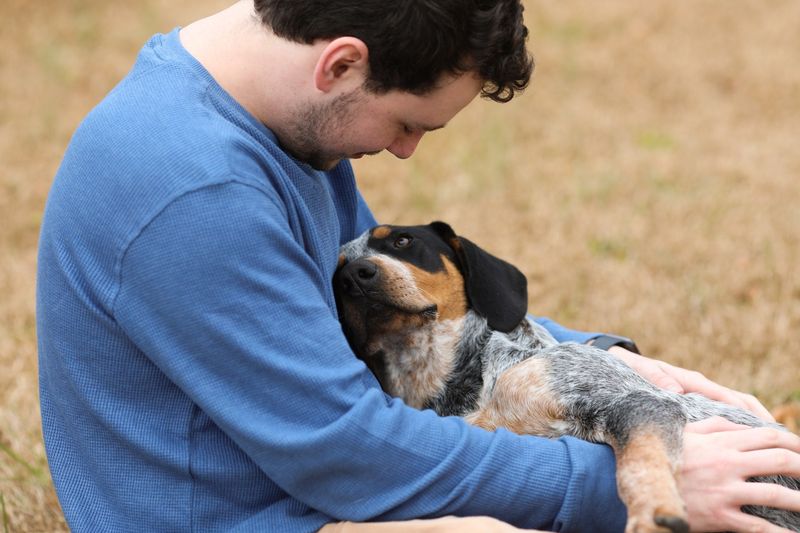
Suddenly protective, your pet positions themselves between you and visitors. They may growl at the veterinarian or shy away from familiar friends.
This behavior stems from vulnerability and their desire to preserve energy for you alone. They’re prioritizing their special person during limited time.
12. A Change In Breathing Patterns
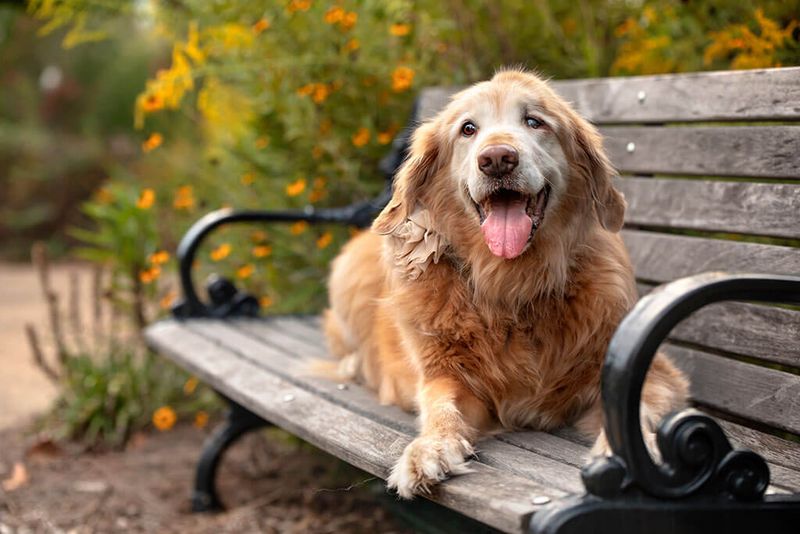
Their chest rises and falls with new rhythms – perhaps slower, shallower, or occasionally labored. You notice pauses or sighs that weren’t there before.
These breathing changes reflect their body’s natural transition. The breath that first connected them to life gently prepares to release them.
13. Uncharacteristic Calmness
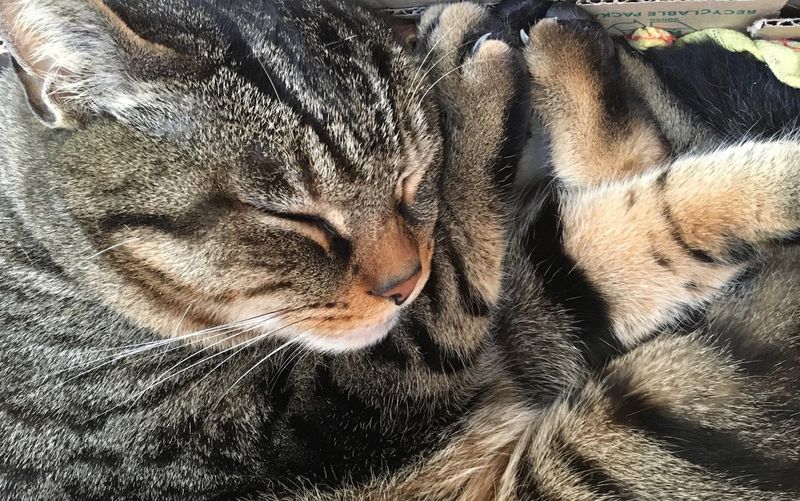
Your once-anxious rescue now rests peacefully. The dog who feared thunderstorms sleeps through the storm. A strange serenity replaces their usual temperament.
This tranquility often signifies acceptance. Many pets find inner peace before passing, as if they’ve reconciled with their journey’s end.
14. Seeking Out Nature Or The Outdoors
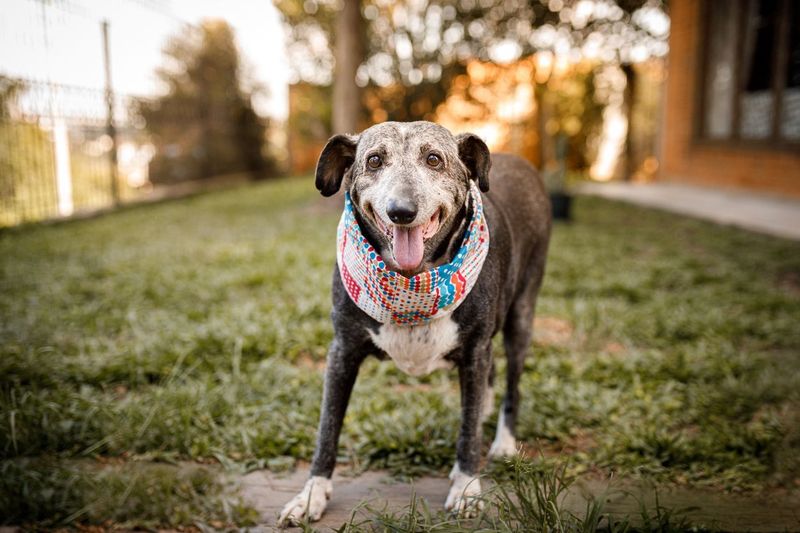
Your indoor cat suddenly paws at the door. Your elderly dog pulls toward the garden despite limited mobility.
This call to nature connects them to ancient instincts. The outdoors offers sensory richness – fresh air, earth scents, and natural light – comforting them during transition.
15. Passing In Peaceful, Familiar Settings

Many pets choose meaningful locations for their final moments – your bedroom, their favorite sunspot, or nestled in their special blanket.
This location choice isn’t random but deeply intentional. They seek comfort in familiarity, surrounded by scents and surfaces that represent safety and love.

